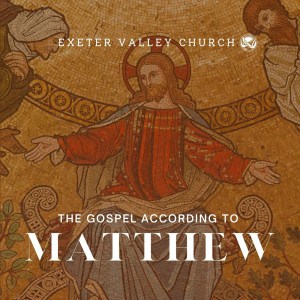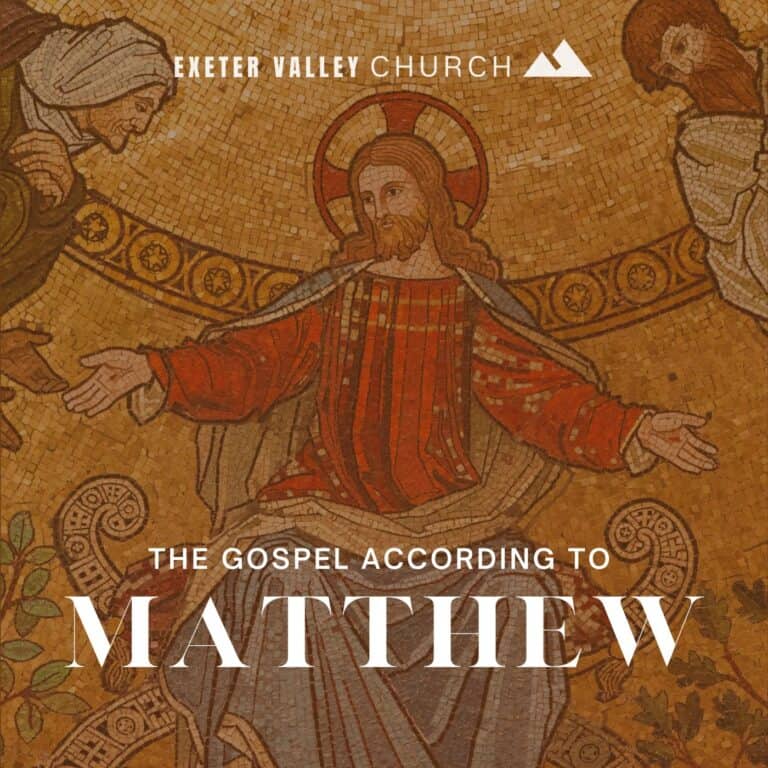On Easter Sunday Noel shows us not just what happened at the resurrection but why it’s so meaningful for us. (key text, 2 Cor. 5:17-21)

On Easter Sunday Noel shows us not just what happened at the resurrection but why it’s so meaningful for us. (key text, 2 Cor. 5:17-21)


In Matthew 12:1-14, we see Jesus encounter the Pharisees again, this time because of controversy over His disciples’ observance of the Sabbath. As Mike Young teaches us here, Jesus is Lord of the Sabbath and the whole point of the sabbath is our good.

In Matthew 13 Jesus gives a sermon using parables, short stories with a moral to them. In verses 10-17, we see Jesus quote a passage from the book of Isaiah which effectively communicates to the audience that his use of parables is the most impactful way to help his audience hear and see the mysteries of the Kingdom. In this message, Noel goes on to share his own story and invites the listener into the story God is writing over their own lives and over the life of Exeter Valley Church.

In Matthew 18:10-14, Jesus tells a parable about a shepherd that leaves his flock to pursue a lost sheep. By Noel Piepgrass

Noel shows us what Paul means when he discourages sexual immorality and points us to God’s good design for sex.

In Matthew 13:1-23, Jesus begins his sermon of parables with a story about a farmer who’s sowing seeds. The seed falls upon 4 different soils and we’re told, by Jesus, that each type of soil represents a heart condition. In this sermon, Pastor Noel Piepgrass shares how the heart can be hard, shallow, or distracted and thus unable to receive the seed of the gospel and thrive. Finally, Noel points us to Jesus, the one who makes our soil good as we turn to him through repentance. (sermon credit due, Danny Bartlett, whose work Pastor Noel drew heavily from)

In Part 2 of our mini-series “Who is Jesus?”, Michael Seaward shows us that Jesus was the Modest King that the people weren’t expecting, but the Old Testament had prophesied. Matthew 21:1-11.